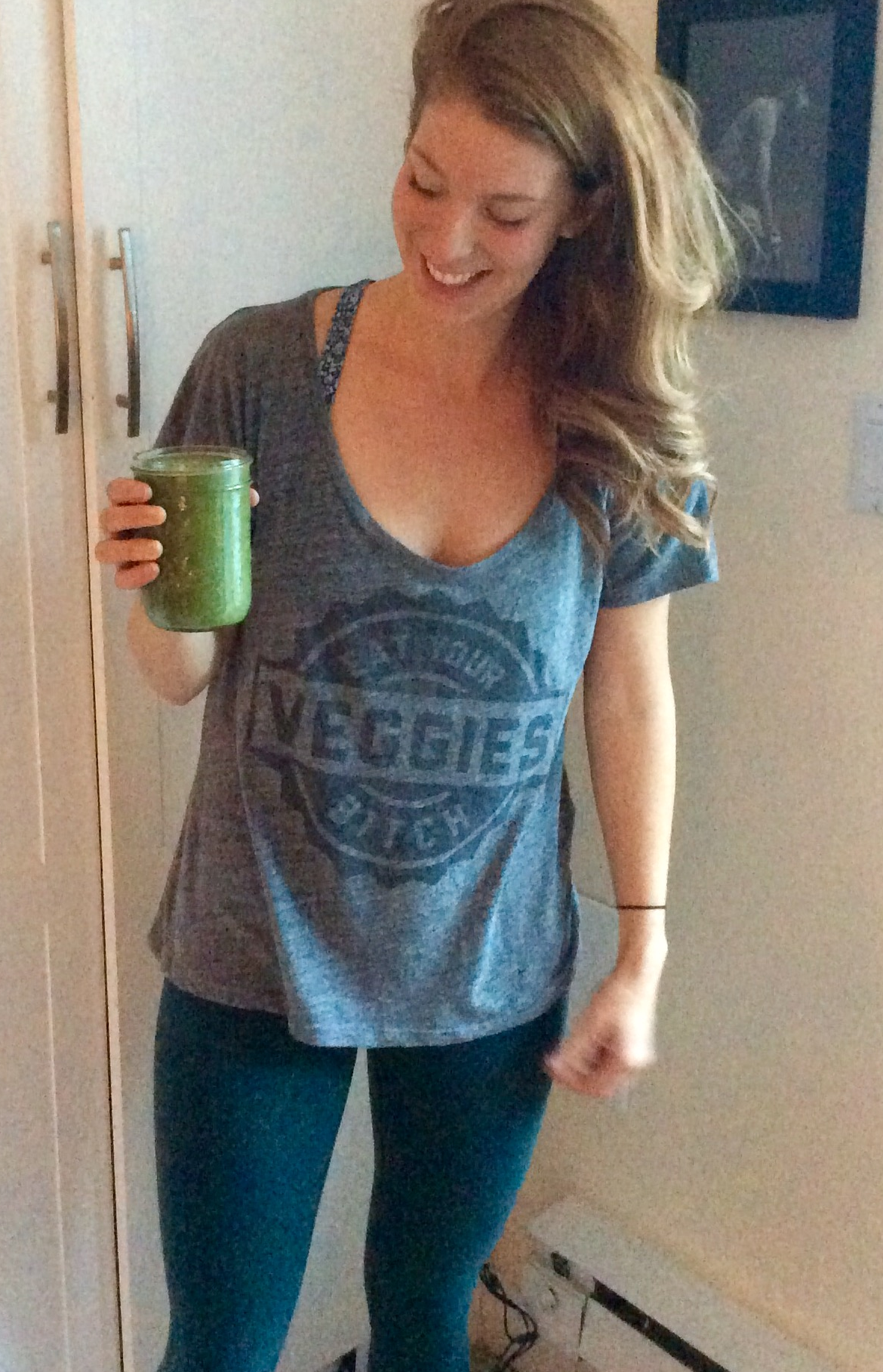
I thought this post was appropriate in the aftermath of yesterday’s juicy homemade burger… (It was delicious by the way).
I have developed a passion for vegan food, and if it wasn’t for my love affair with fish (I am from the east coast people) and eggs (because they are delicious) I believe I could convert to total vegetarianism or even veganism. I am sure vegans are currently scoffing at the idea of eating vegan ” most of the time” but it’s what works for me.
Recently I re-watched the documentary Cowspiracy: The Sustainability Secret (if you haven’t yet seen this film I would highly recommend it, plus it’s on Netflix). This time it was with a friend who was convinced after the film he was going vegan… during the week, which is a step in the right direction but still a hard concept for people to imagine going completely meatless. As a general blanket statement, North Americans eat far too much meat, fish and dairy.
Throughout my university
Now I have a very different outlook and considerably more knowledge on the importance of eating a mostly, if not an entirely,
On a cellular
The acid/ alkaline balance topic is a whole discussion in itself but I will summarize it as best I can. Heavy animal protein diets can increase acidity in the body and if we don’t consume enough alkaline-based foods it can cause issues and potentially lead to illness or disease. Luckily, there are many ways to increase our alkaline-based foods. (Dark leafy greens, vegetables, citrus fruit, beans, chlorella, spirulina etc.) I am not saying to totally eliminate all acid forming foods; I’m just recommending you add more alkaline-based items to your diet.
Eating meatless Mondays are a step in the right direction but I would go even further and focus on the majority of your meals being
Don’t know what the heck I’m talking about when I say plant-based protein? Here are some of the top ways you can increase your plant-based protein:
- Pumpkin seeds (add to oatmeal, salads, trail mix etc.). 2 tbsp. = 6 grams of protein
- Nuts (sprinkle on top of salads, mix into trail mix, etc.) 1/4 cup nuts= 4-8 grams of protein
- Hemp Seeds (add to oatmeal, salads, stir into soups and stews, top hummus or other dips with hemp seeds.) 2 tbsp. = 6-8 grams of protein
- Nutritional Yeast (add to salad dressings: 1 tbsp. olive oil, 1 tbsp. apple cider vinegar, 1 tbsp. lemon juice, 1 tbsp. nutritional yeast, 1 tsp. Dijon mustard. You can also add to any dish to give a cheesy taste.) 2 tbsp.= 6 grams of protein
- Quinoa (add to salads, soups/stews or use as a side dish.) 1 cup cooked quinoa = 9 grams of protein
- Lentils (sprinkle on salads, add in soups/stews, etc.). 1 cup cooked lentils= 18 grams
or protein - Chia seeds (add to oatmeal, smoothies or make chia pudding- see chia pudding recipe below). 2 tbsp. chia seeds = 5 grams of protein
- Spirulina – (comes in a powder form that you can add to your green smoothie). 1 tbsp. spirulina = 4 grams of protein
- Beans (top on salads, make vegetarian meatballs,
loafs or burger etc.)1 cup cooked black beans = 15 grams of protein - Bee Pollen (sprinkle on oatmeal, yogurt, salads etc.) 2 tbsp. Been Pollen = 7 grams protein
- Vegan protein powder (use in smoothies). 1 scoop Biosteel Vegan Protein Powder = 21 grams of protein
Ok carnivores no more excuses for thinking you need to eat an entire cow to get your protein. Get creative in the kitchen and make some delicious
And to quote this amazing shirt from buymebrunch.com “ eats your veggies bitch”.
Chia Pudding Recipe
- 2 tbsp. chia seeds
- 4 tbsp. milk or milk alternative (almond, coconut, hemp etc.)
- 1 tsp. vanilla extract
- 1-2 tsp. pure maple syrup
- ½ cup fresh fruit of your choice
Or
Chocolate Chia Pudding Recipe
- 2 tbsp. chia seeds
- 4 tbsp. milk or milk alternative (almond, coconut, hemp etc.)
- 1 tbsp. raw cacao powder
- 1 mashed banana
Mix chia seeds, milk, vanilla and maple syrup into a bowl. Place in fridge for at least an hour (best to do overnight). Remove from fridge and serve with berries or put in blender with fruit to make creamier.
– Sylvie (OG Lifestyles)

0 Comments